Next month is the 70th anniversary of the death of Anne Frank. The exact date that she died in Bergen-Belsen in 1945 is not known other than it is in the first few days of March.
Anne Frank is the most famous victim of the holocaust, her very memory conjuring up the innocent dead six million and the 1.5 million murdered children.
I spent the past few days in Amsterdam at the new production of her diary, called simply Anne at a specially-constructed theater in Amsterdam with a gargantuan stage. The ambitious production is moving, exhilarating, informative, superbly acted, and deeply disturbing. At the end people shuffled out without making a sound. All were engrossed in thought.
Few people outside the Jewish community of Holland are aware that some eighty percent of Dutch Jews were murdered in the holocaust representing the highest percentage of any country except Poland, where ninety percent were murdered. The Dutch Jewish community consists mostly of survivors and their children.
To the rest of the world The Netherlands is a symbol of liberal openness, with prostitution visible and legal, marijuana sold in “coffee shops,” and far-left politics flourishing. How any of this squares, however, with Holland allowing eighty percentage of its Jewish population to be annihilated is anyone’s guess.
I say “allowed” because in nearby Denmark ninety-nine percent of all Jews survived because they were ferried to neutral Sweden, were hidden by their non-Jewish neighbors, and their government staunchly protested Jewish deportations. In Holland there were certainly righteous gentiles who saved Jews – like the five non-Jewish employees of Otto Frank who hid his family – but numbers don’t lie. The vast majority of Jews were murdered.
Strange thing then that the most famous Dutch personality of the 20th century is a young Jewish girl of fifteen who died seventy years ago. In terms of sheer global name recognition Anne Frank would be on a list of the best-known Dutchman along with Rembrandt and Van Gogh.
Yet, aside from the Anne Frank house with its consistently long tourist lines to enter, and the incredible play now being staged, there are no officials plans by the city of Amsterdam or the government of The Netherlands to mark the seventieth year of her death. Indeed, even at the Anne Frank house her Jewishness is not focused on and there is little discussion of the wider events of the holocaust and the wholesale annihiliation of Dutch Jewry.
On Sunday morning I travelled to Anne’s original home where she lived before being forced to move into hiding at the much more famous Annex. More important, I met with Jacqueline van Maarsenwhom Anne describes in her diary as her very best friend and to whom she wrote a letter in the diary.
“It’s a strange thing when a friend you have known becomes a global icon,” Jacqueline told me. “I remember her simply as Anne, my childhood playmate and best friend. We met at a special school set up after the Nazis ordered that all Jewish children be segregated from the mainstream. Anne invited me to her home on the day we met and then insisted that I stay for dinner. She was like that. Always bubbly. Always warm, friendly, and forward.”
Jacqueline took out her yearbook from school. “Here is the note that Anne wrote for me in my yearbook. She took up a whole page. Look at how she glued in a picture of herself.”
“And here is a postcard which Anne sent to me for 1942. I had told her it was important to me to receive the postcard.” It was signed, “Anne.”
I was fascinated by the conversation. Here I was speaking to someone who had actually known Anne Frank, a girl who would go down as one of history’s famous personalities. Was I reaching across millennia to someone who had know a figure from antiquity? Was I in some sort of weird time machine? How could I be sitting with someone who gossiped, played, and did homework with Anne Frank?
Wasn’t The Secret Annex some lost historical time capsule that took place in the early mists of history? It could not be that I was speaking to someone who was one of the last people to see Anne free before the family went into hiding without any notice, and who is mentioned in the diary.
“Anne wrote me a letter in her diary because she never said goodbye. I thought her family had gone to Switzerland. I guess it was too dangerous for her to tell me that she was leaving. I only read the letter after the War.”
It then hit me. The reason I was speaking to a friend of Anne Frank who was alive, spoke a near-perfect English, and was, thank God, in good health at 86 was because the events of the holocaust are still so recent.
It’s easy for us to look at the black-and-white stock footage of the Second World War and the famous personalities of Churchill, Eisenhower, and Roosevelt and imagine this was centuries ago. But no. There are people alive and well who witnessed all these events, went to death camps, survived then death camps, and are still thank God alive to tell the tale.
All of which makes it even more confusing as to how Europe can allow for such a disgusting outbreak of anti-Semitism in our time, something that the Jewish community of Amsterdam wanted to discuss with me above all other subjects. How short can human memory really be?
At a Saturday night lecture that I gave to the community they informed me that they are currently embroiled in an argument with the government about security for Jewish day schools, synagogues, and communal institutions. The government was set to remove all security this past January but extended it in light of the Charlie Hebdo and Kosher market massacres in Paris.
Now the community wonders who they have any future in a country with growing threats and with a government that is not stepping to the plate to protect them long-term.
It all sounds eerily familiar and more than a bit disconcerting, to use the classic British understatement.
Rabbi Shmuley Boteach, “America’s Rabbis,” whom Newsweek and The Washington Post call “the most famous Rabbi in America,” is the Founder of This World: The Values Network, the world’s leading organization defending Israel in world media. He is the author of “Judaism for Everyone” and 30 other books, including his most recent, “Kosher Lust.” Follow him on Twitter @RabbiShmuley.
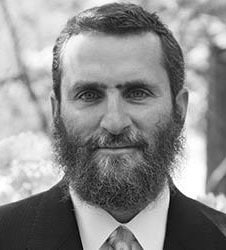






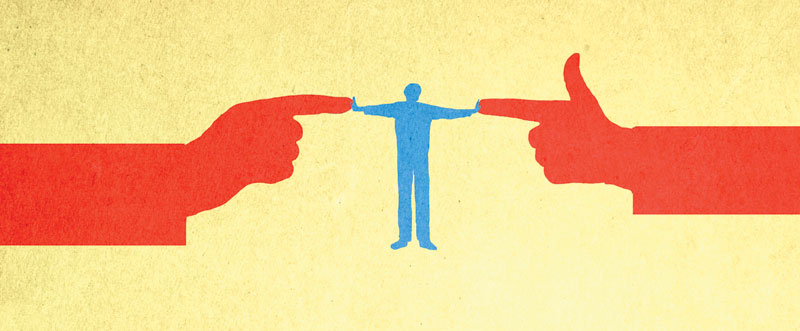
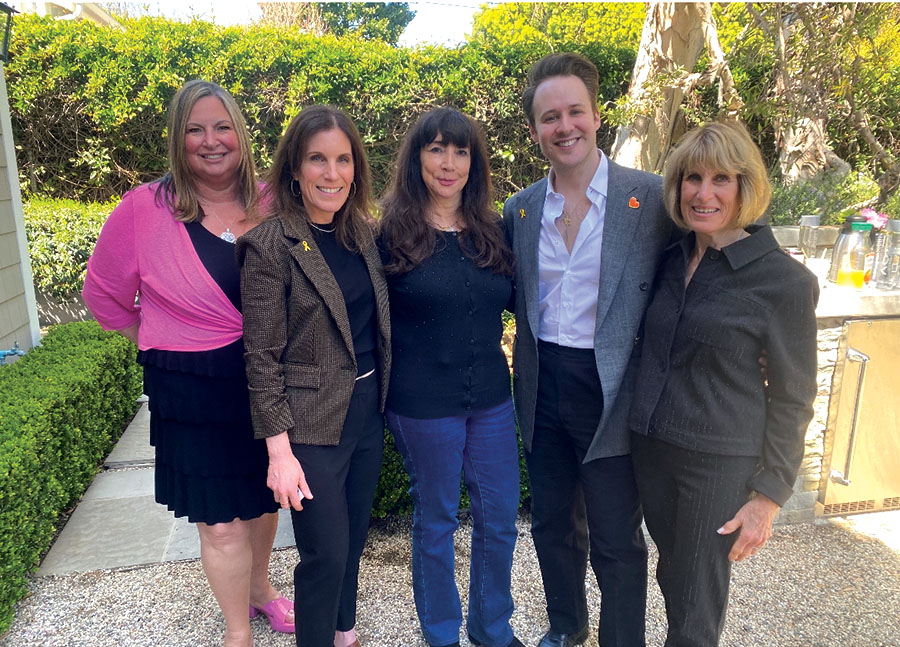
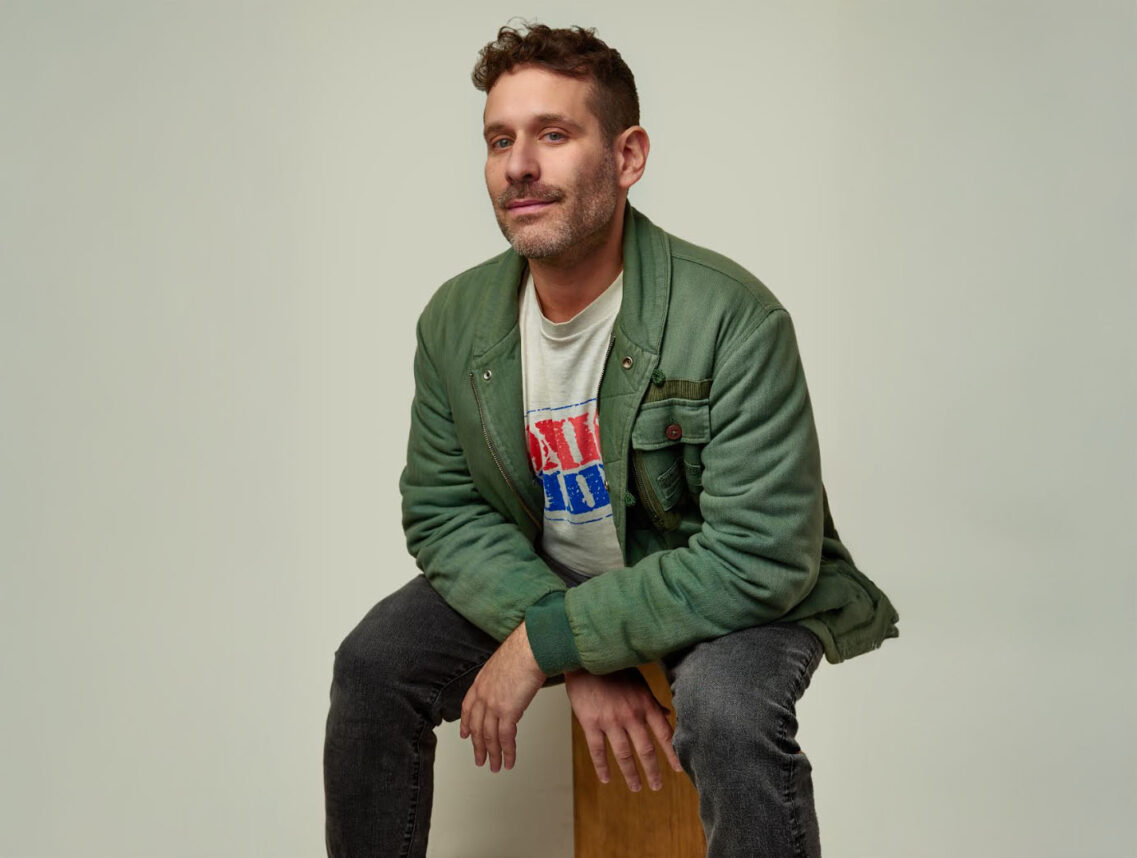
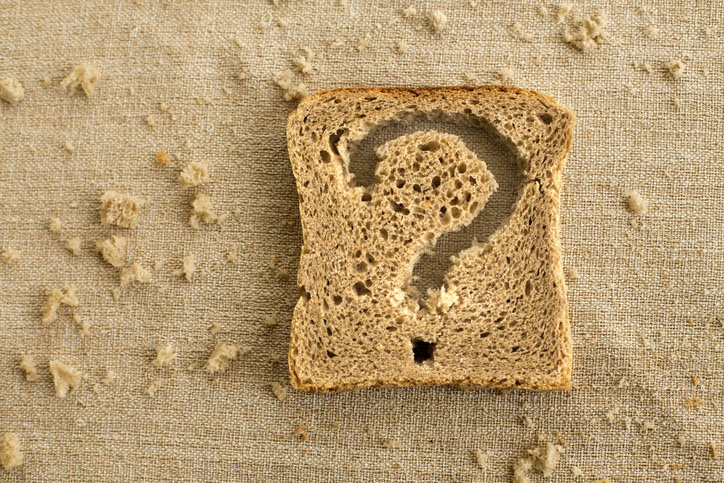
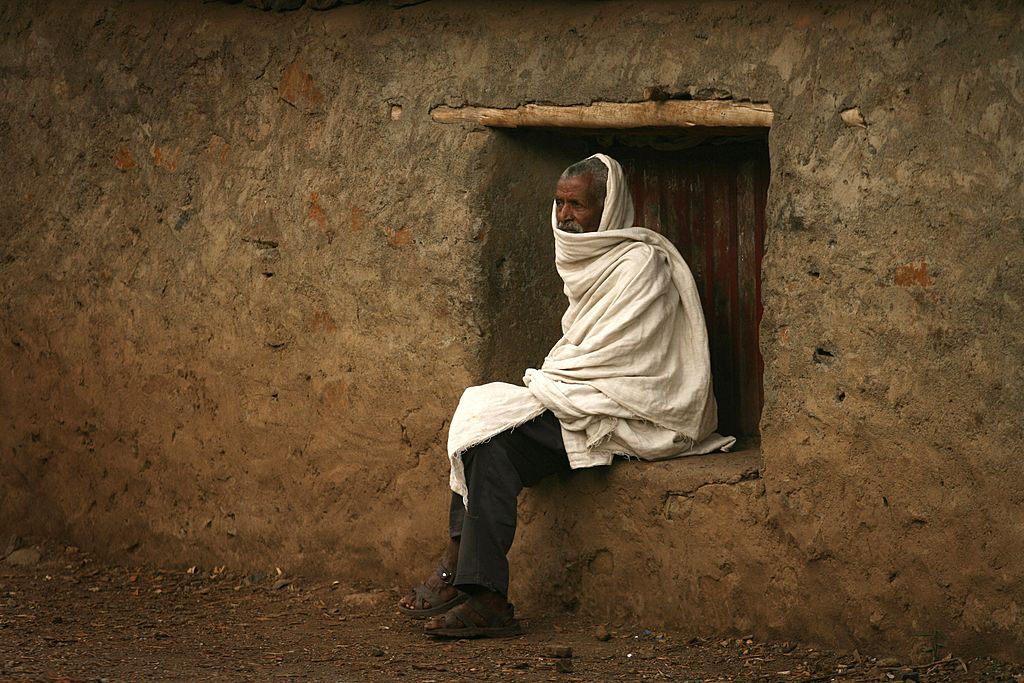

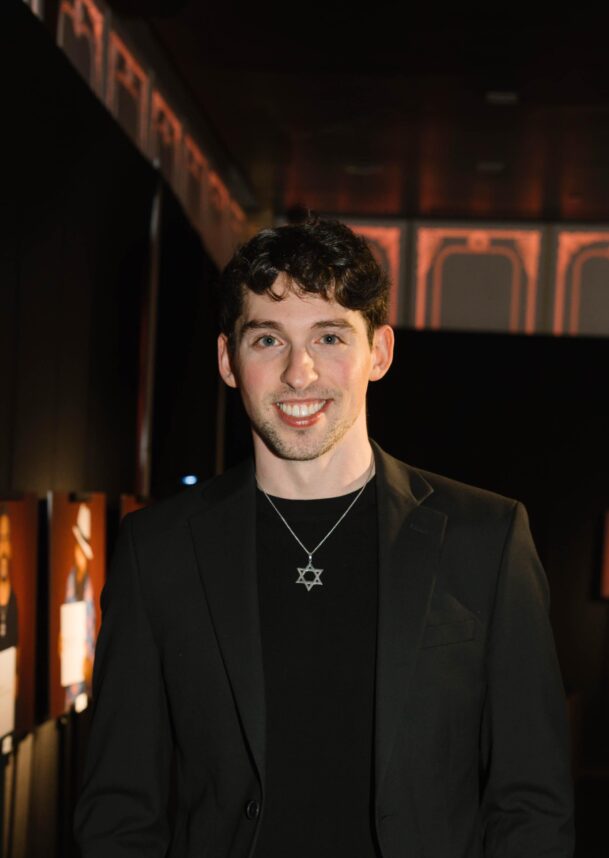
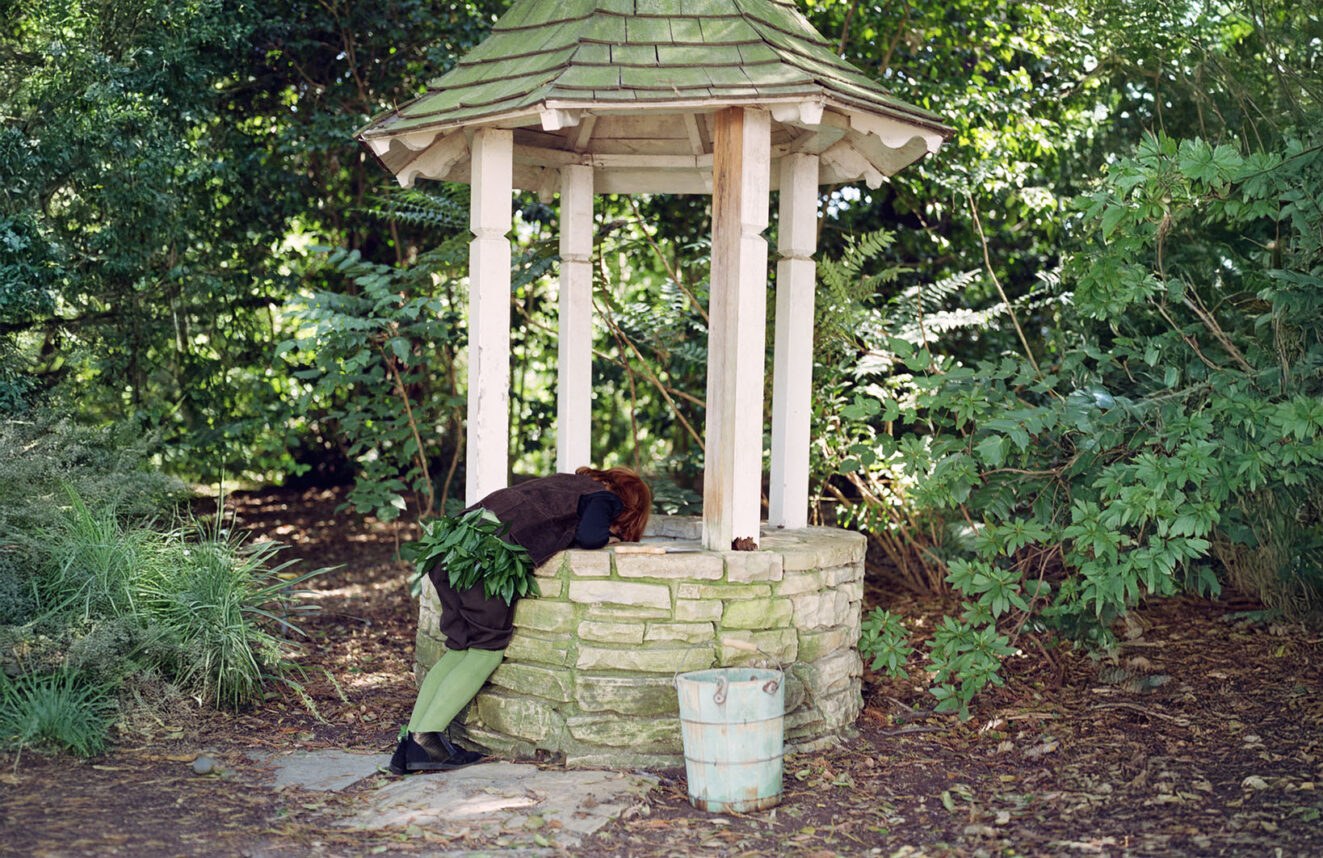
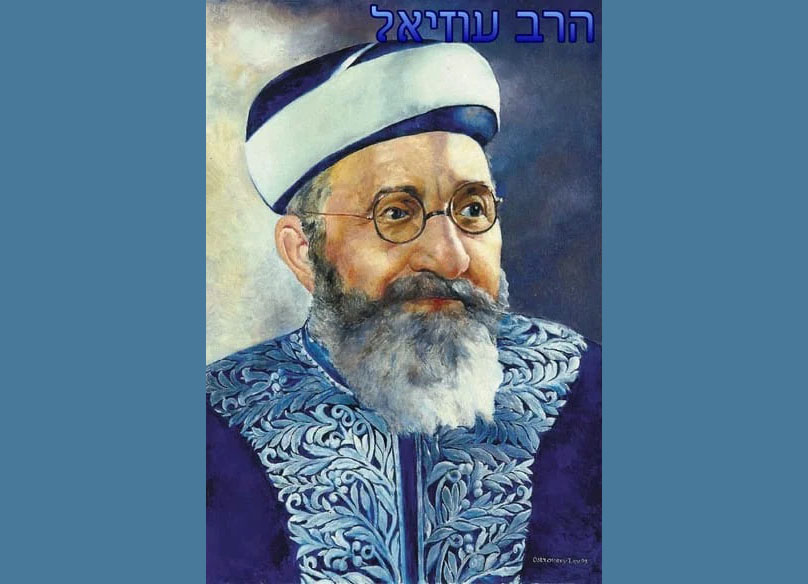



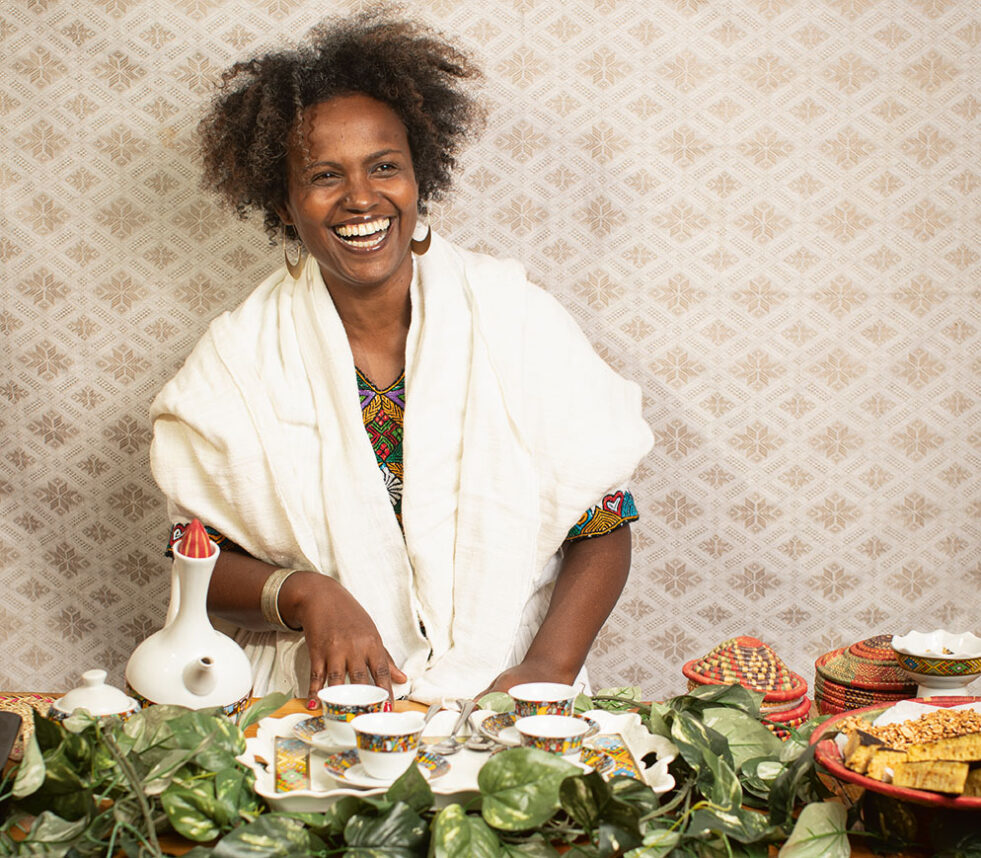


 More news and opinions than at a Shabbat dinner, right in your inbox.
More news and opinions than at a Shabbat dinner, right in your inbox.